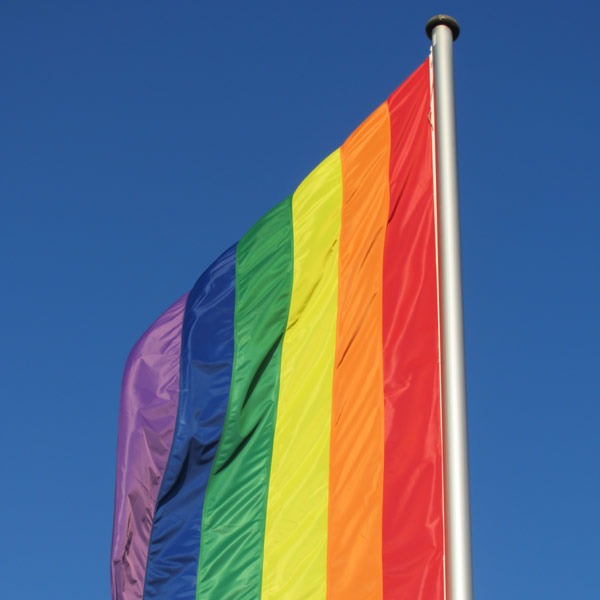
THURSDAY, April 25 (HealthDay News) — It’s easy to blame pornography for prompting young people to engage in risky sex, but a new study suggests that the use of sexually explicit material doesn’t have a lot to do with sexual behavior.
The study looked at 4,600 people between the ages of 15 and 25 living in the Netherlands. Researchers asked the volunteers about the amount and type of porn they used and about risky, adventurous sexual experiences, such as how many partners they have had, whether they had ever had sex with a same-sex partner or whether they ever paid for sex.
The study found that only between 0.3 percent and 4 percent of the sexual behaviors in question could be attributed to pornography use. The findings were published online April 25 in the Journal of Sexual Medicine.
“Pornography is not as big and bad a wolf as we thought it was, and maybe we should focus on other factors,” said study author Gert Martin Hald, a clinical psychologist at the University of Copenhagen in Denmark.
“It does explain a portion of sexual behavior, but it is modest,” Hald added.
One factor that could influence sexual behavior is a sensation-seeking personality. Not surprisingly, participants in the study who responded that they like wild sex and having exciting sexual experiences were more likely to engage in risky, adventurous sex.
It’s possible that using porn makes people more open to new sexual experiences in general, or makes them more aroused, which then leads them to have more sexual experiences, Hald said. The study could not determine, however, whether some of the connection between porn use and sexual behavior was due to these indirect effects.
Other factors that could contribute to sexual behavior are how you are raised and other social influences, as well as genetics, Hald said. “Each variable only contributes modestly, but it’s the interaction of factors that is really interesting and important,” he added.
The sexual behaviors in this study aren’t necessarily something to worry about, Hald said. “Some people would say they’re great and introduces people to variety and improves their sex life, so we refrain from calling these bad,” he said.
Participants in the study completed an online survey in 2010 about their relationship status, ethnicity and other factors, as well as about their porn use and sexual attitudes, including whether they liked wild sex and how they felt about their sexuality and being pressured to have sex.
The survey also asked participants about partner experience (including the number of partners they had, age at which they first had sex, whether they had ever had a one-night stand), adventurous sex (such as whether participants had ever had a same-sex partner or a threesome) and transactional sex (whether they had paid someone or been paid themselves for sex).
The fact that the survey was conducted online and anonymously probably lessened the chance that participants would lie about their sexual attitudes and experiences, Hald said.
The researchers found a connection between using porn and having more partner experience, adventurous sex and transactional sex for both men and women, but the association was small for both genders. Although the survey found an association, it did not prove a cause-and-effect link.
Factors such as being religious or in a relationship did not appear to affect the influence of porn use, with the exception that there was an even more modest connection between porn use and partner experience among women who were religious.
One expert said she thought the Dutch findings would also apply to the United States.
“I think that these results would be similar in the U.S.,” said Susan Tortolero, an associate professor of health promotion and behavioral sciences and epidemiology at the University of Texas Health Science Center at Houston.
The new study, however, could have selected young people who were more interested in porn because the researchers recruited participants who would give their opinion about sexuality, she added.
Men were more likely than women to use porn frequently — between several times a month and every day — and to engage in hard-core porn, which was “not at all surprising, [and] the most robust finding in porn research,” Hald said.
Most of the participants who said they used porn — 89 percent of the men and 70 percent of the women — relied on the Internet within the past year to get it. Even though access to the Internet is so much greater than a few years ago, there has not really been a spike in risky sexual behaviors, Tortolero said.
“Just like the study showed, many other factors [could] determine if a person is going to have risky sex,” she said.
Porn is not necessarily harmless, however. “Porn can definitely confuse a child, and it can create shame and discomfort if they get exposed early,” Tortolero said.
Parents should counteract messages that their children get from porn, as well as how sex is portrayed in the media. They can do that by talking with their children about what a healthy relationship is, and about healthy, respectful sex.
More information
For more about adolescents and sexual health, visit the Guttmacher Institute.

